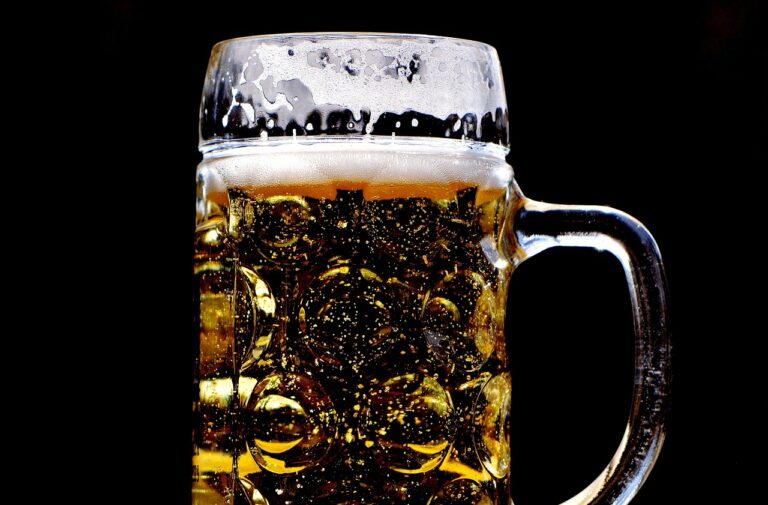Germans are drinking less regular beer, while alcohol-free varieties are experiencing a historic boom. The federal statistics office reports that sales of alcohol-free beer have risen by 109 percent since 2013. At the same time, overall beer sales are at their lowest level in more than 30 years.
For the first time, sales fell below four billion liters in a half-year period. Between January and June 2025, German breweries sold around 3.9 billion liters. That represents a drop of 6.3 percent, or 262 million liters, compared with the same months in 2024.
breweries respond to shifting tastes
The Erdinger brewery near Munich has produced beer since the 1880s. Chief executive Stefan Kreisz observes major changes in drinking habits. Today, a quarter of Erdinger’s production is alcohol-free.
He insists that breweries must make even non-alcoholic beer appealing to young people. “You need to understand how they meet and how they party together. No algorithm tells you it’s time for a beer,” he explains.
Kreisz considers German beer culture strong and enduring. Erdinger now promotes alcohol-free beer at sporting events, offering it as a natural alternative to energy drinks.
health awareness changes drinking culture
At Café Kosmos in Munich, barman Louis von Tucher notices that customers care more about health than in past years. “In the 2000s, people got offended if you suggested they drink water,” he recalls. “Now everybody is more aware of their consumption. Most still drink alcohol, but more carefully, with alcohol-free drinks in between.”
Yet von Tucher also stresses that the traditional beer market remains dominant. “It’s only a small shift,” he says. “We sell between 150 and 500 liters of regular beer at night, but maybe 20 liters of alcohol-free. The gap is still huge.”
festivals keep traditions alive
At the Sandkerwa folk festival in Bamberg, the beer tradition looks unshaken. The five-day event fills the medieval streets with music, food stalls and countless beer stands serving enthusiastic visitors.
In the old town, Pascal enjoys a beer with a friend. “Beer is very important for the city. We have many breweries. People come for the beer and for the fest. I don’t think beer consumption here is really less than before,” he says.
Magdalena, a student, agrees as she points at the crowd outside a beer garden. “Everybody holds a glass of beer in their hand. Beer is a huge part of daily life here, even if it’s unhealthy. We all know that,” she admits. “In my generation, people drink less on a daily basis, but it’s still Germany, and it’s still Bavaria.”


